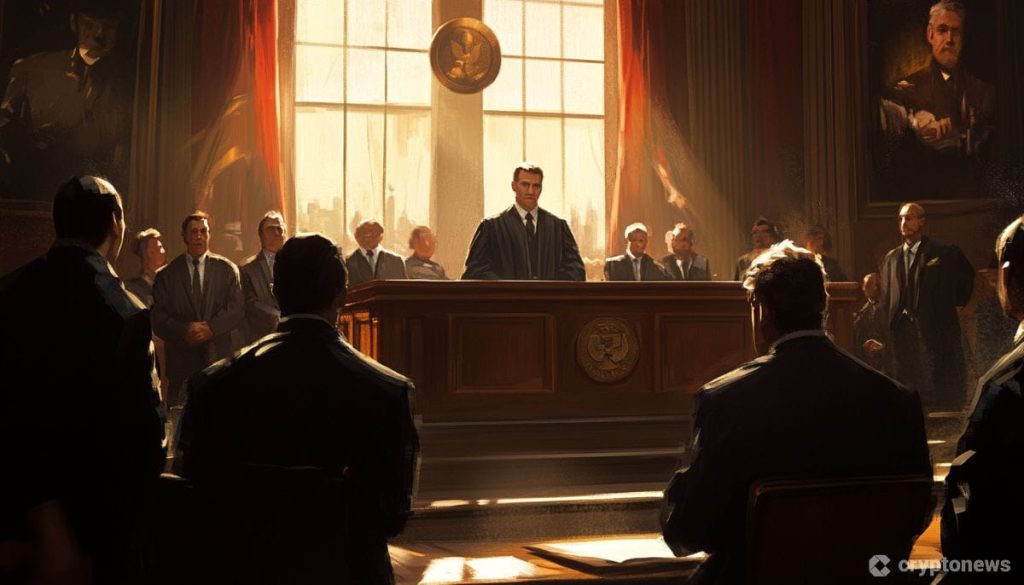XRP’s value dropped over 10% on Thursday after the SEC filed an appeal against the court’s decision in its lawsuit against Ripple. This comes after Judge Analisa Torres’s final ruling, imposing a $125 million penalty on Ripple, which was significantly less than the SEC’s initial demand of $2 billion. The court ruled that Ripple’s XRP sales to institutional investors were considered securities transactions, resulting in the penalty. However, Judge Torres clarified that these sales were not fraudulent or malicious, with no fraud claims or financial harm shown. The ruling provided key regulatory guidance, stating that while certain XRP transactions are securities, XRP itself is not inherently a security.
The SEC filed an appeal to the Second Circuit Court of Appeals, aiming to challenge the ruling on several grounds. The SEC believes that XRP should be classified as a security in all sales, whether institutional or retail, and argues that its classification should not differ based on the transaction type. Ripple’s chief legal officer, Stuart Alderoty, referred to the SEC’s appeal as “disappointing, but not surprising” and called it an “embarrassment for the agency.” Ripple CEO Brad Garlinghouse stated that the company is prepared to defend its position in court for as long as necessary, emphasizing that XRP’s status as a non-security is the law of the land, and this does not change in the face of the appeal.
Garlinghouse discussed the lawsuit at KBW2024 in Seoul, South Korea, expressing uncertainty about whether the SEC would appeal but maintaining that there was no viable way for the regulator to overturn the fundamental decision that “XRP is not, in and of itself, a security.” He critiqued the SEC’s handling of the case, suggesting that they should have moved on from it long ago, as it has not protected investors and has damaged the SEC’s credibility and reputation. He emphasized that the SEC had lost on everything in the case and that their decision to appeal was misguided and infuriating. The situation highlights the ongoing legal battle between Ripple and the SEC regarding the classification of XRP as a security.
The court ruling and subsequent SEC appeal have caused XRP’s value to drop significantly, impacting both Ripple and the broader cryptocurrency industry. The appeal raises questions about the classification of digital assets and the regulatory environment for cryptocurrencies. The outcome of the appeal will have significant implications for both Ripple and the wider industry, as it will determine whether XRP will be classified as a security in all transactions. Ripple and the SEC’s ongoing legal battle reflects the complexities and challenges in regulating cryptocurrencies and determining their status under securities laws.
Overall, the court ruling and subsequent appeal in the Ripple-SEC lawsuit have significant implications for the cryptocurrency industry. The legal battle over the classification of XRP as a security highlights the challenges in regulating digital assets and determining their status under securities laws. Ripple’s CEO and legal officer have criticized the SEC’s decision to appeal, emphasizing that XRP’s status as a non-security is the law of the land. The appeal raises questions about the regulatory environment for cryptocurrencies and the classification of digital assets, underscoring the need for clear guidelines and regulations in the industry. The outcome of the appeal will shape the future of Ripple and have broader implications for the cryptocurrency sector as a whole.


